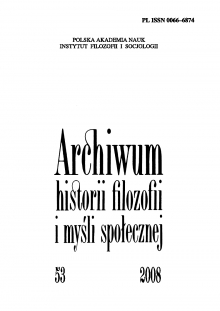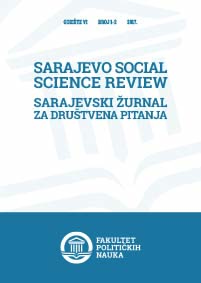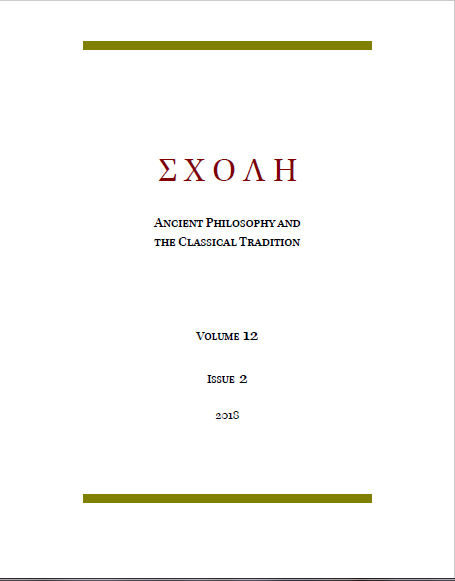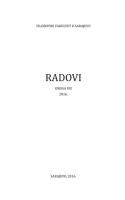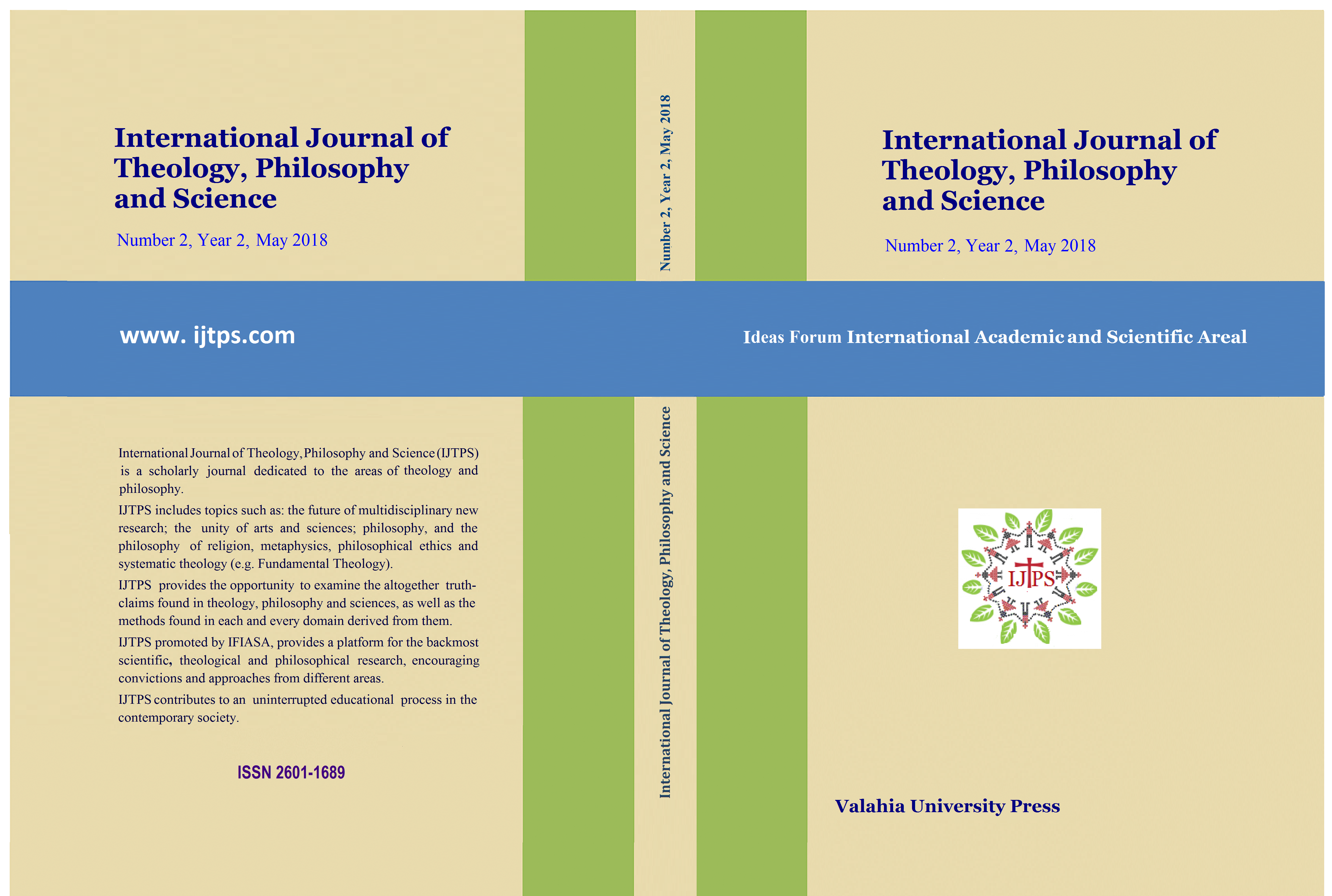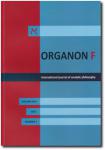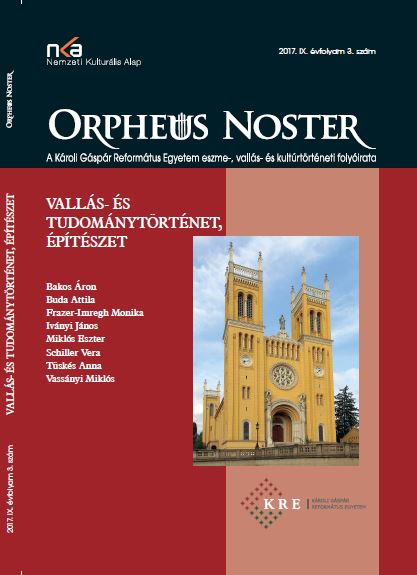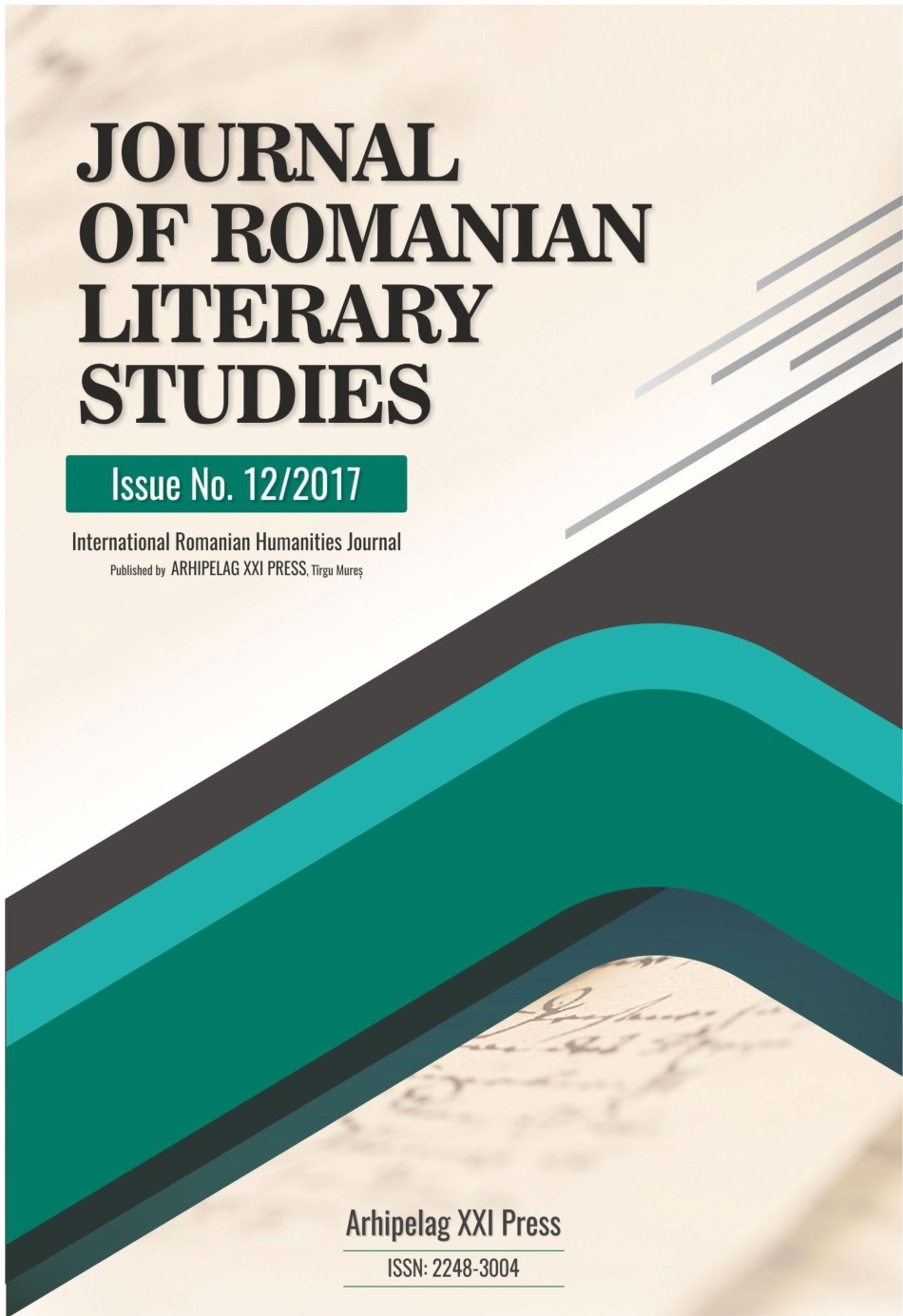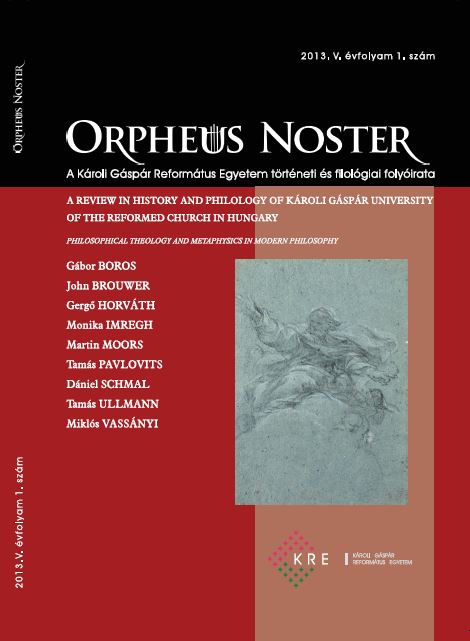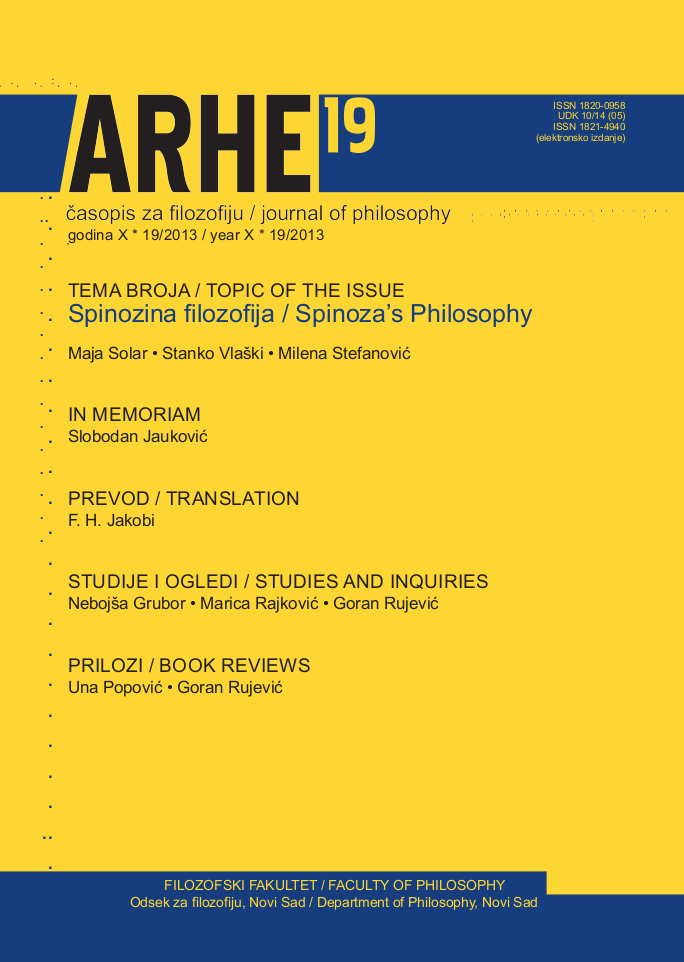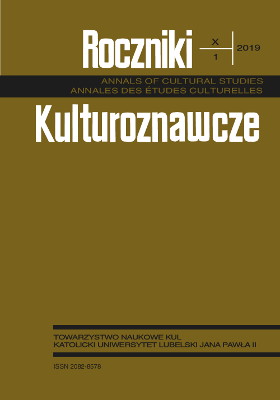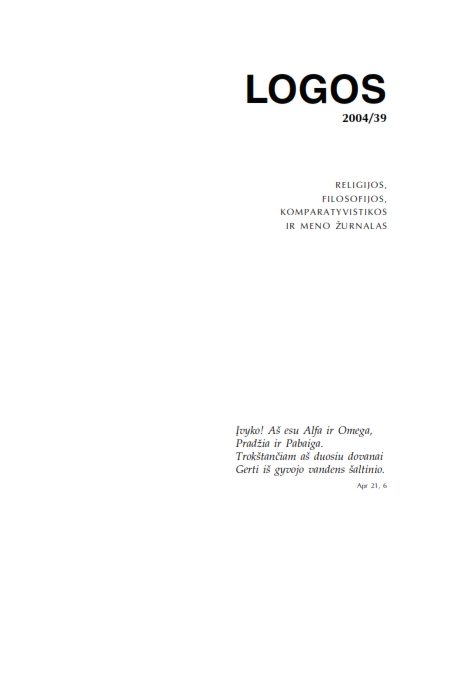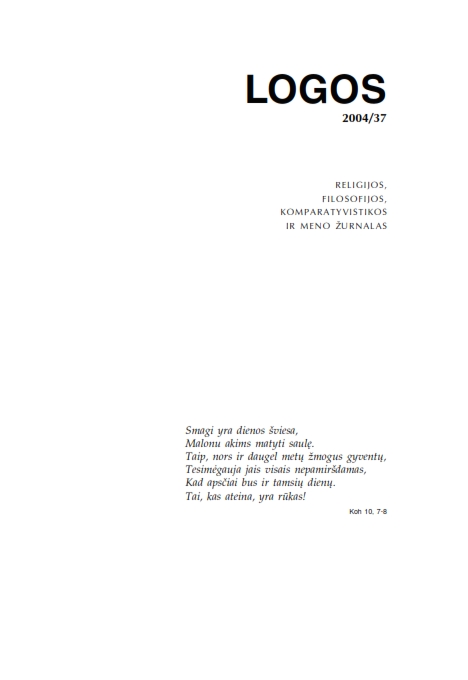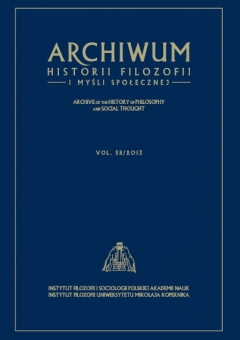
Thomas White, an Aristotelian Response to Scepticism
The paper aims to examine straightforwardly Thomas White’s Sciri, sive Sceptices et scepticorum jure disputationis exclusio (1663) and to contextualise it in the broadest intellectual framework of the seventeenth-century Aristotelianism. From the examination of the Exclusio we can see the novelty and freshness of White’s Aristotelian positions in attacking all kinds of scepticism. These originalities are the subject of the present article, rather than the well-known controversy with Joseph Glanvill.
More...
